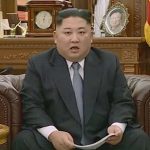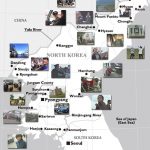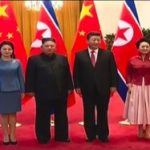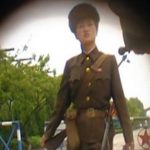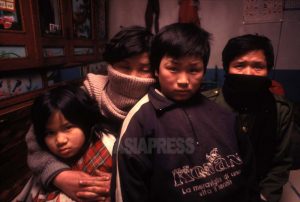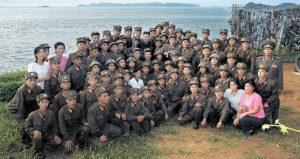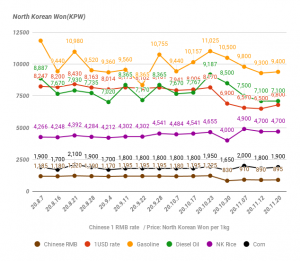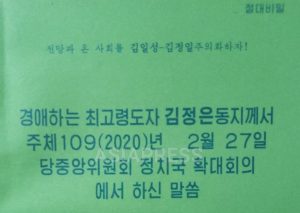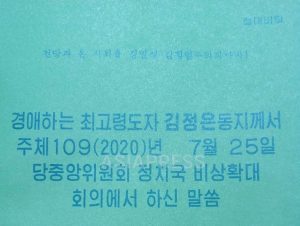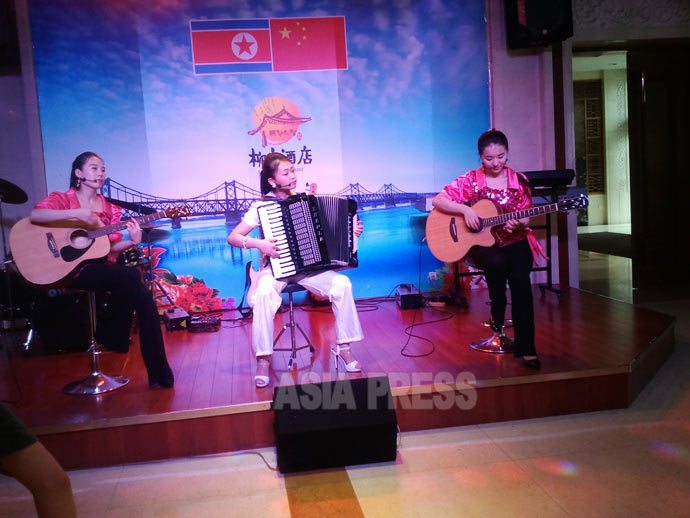
North Korean staff singing during a show. They live together in a nearby apartment. Taken by ASIA PRESS in Yanji City, Jilin Province, China on July 2013.
On April 8, the South Korean Ministry of Unification announced that 13 North Koreans, a manager and 12 employees of a North Korean restaurant, had defected from the DPRK and requested asylum in South Korea. There have been number of group defections of by sea or overland from North Korea. Mostly those groups were composed of their families. It is rare to see mass defections when the group is comprised of unrelated individuals.
The Ministry of Unification quoted the defectors as saying, “We aspired to go to South Korea as we knew about its economic achievements through TV or Internet,” and “As the economic sanctions intensified, we thought that there would be no hope in North Korea.”
However, it is difficult to believe that their ostensible statement explains the real reason for their claiming asylum in the south.
◆ Surveillance is slack in China, but most potential defectors hesitate to defect because of family remaining in North Korea.
The writer has often dined in restaurants hiring female employees from North Korea in Shenyang, Dandong, Beijing, and Yanbian, China. The restaurants are owned and operated by North Korean companies. On occasion, female employees work in hotel bars without direct supervision from North Korean managers.
The writer often witnessed young female employees going to beauty parlors or public baths in Yanbian city. If they intended to escape, they could have done it. It is not unimaginably difficult to escape from the work place for these employees.
Living and working together as a group may discourage employees of North Korean overseas business ventures from contacting South Koreans or foreign reporters, connecting to the internet, or watching South Korean TV,
The chain that prevents them from defecting is an ‘unseen fear.’ This fear derives from the question of what would happen to their family after their defection.
There must have been anguish and hesitation in a short period when the 13 defectors of ‘Ryukyung Restaurant’ decided to escape. They knew that their family in North Korea would face a severe punishment under the North Korean legal system.
But they chose to defect. The reason must be that they felt a kind of fear that they would be executed.
